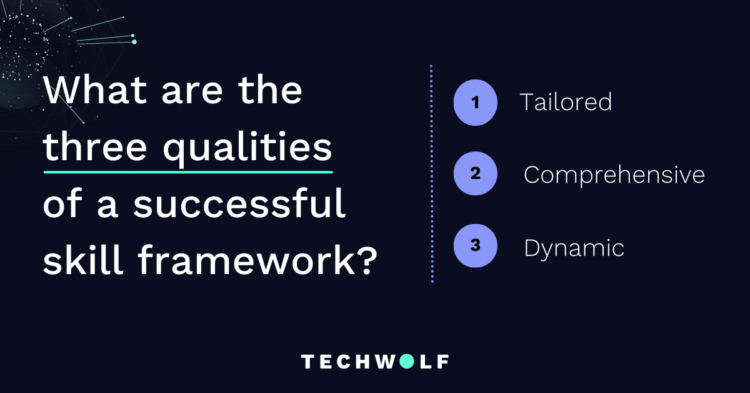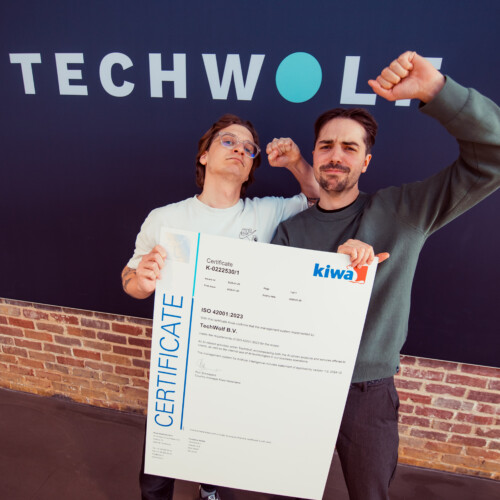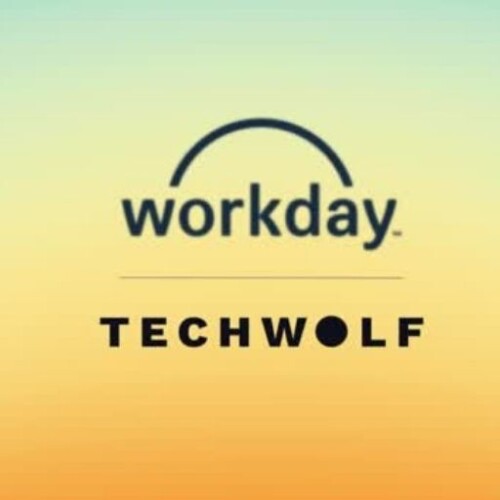The three qualities of a successful skill framework
Based on our work with leading enterprises, we’ve distilled a successful framework into three main areas.
The pressure cooker of the past few years has completely transformed the workplace and the skills required of talent. There’s been a huge shift in the work people are being asked to do, where they do it (with the rise of hybrid work), and how they collaborate with each other. Simultaneously, organisations are keeping abreast of changing technological, societal, and economic demands. That’s why skills are becoming a boardroom prerogative with 52% of CEOs concerned that skill shortages will impact profitability in the next decade.
Skills are the answer
In response to the ever-increasing pace of change, more and more organisations are turning towards skill-based approaches to managing workers. The common challenge these organisations are solving is how to effectively source, deploy, and develop talent in a future-fit way.
One way organisations found to face this scenario head-on is to shift towards a skill-based workforce, becoming what’s known as a Skill-Based Organisation (SBO). But where to start? The answer: build a tailored, comprehensive and dynamic skill framework.
The backbone of the skill-based organisation
The skill framework is the backbone of an SBO — the one element responsible for supporting every other skill-based approach you want to make now and in the future. It gives the oversight needed to make the skill-based decisions that underpin an effective SBO.
Yet, according to research published by Deloitte, “only 10% of HR executives say they effectively classify and organize skills into a skills taxonomy or framework — although nearly all (85%) have some efforts underway.” Why? Because traditional ways of building a skill framework are extremely time-consuming and manually intensive.
Traditional approaches give incomplete results as they start from a siloed data source such as a survey or a one-off exercise like a consulting engagement. And those results are static. They won’t change as your organisation evolves, as skill needs change, or as the market moves on. It puts a lot of pressure on whoever is manually updating the framework in response to changes — in fact, it’s pretty much impossible to do this effectively.
AI powers the skill-based organisation
Luckily, thanks to advances in AI, consolidating all available skill data and populating a skill framework from this is easier than ever. AI constantly updates your framework for you, so you only have to focus on the insights that it's providing.
Skills simply change too often for us to manually keep up — they are constantly changing. Using an AI-powered data platform will work to automatically capture emerging skills and competencies within an organisation’s workforce so HR and business leaders always have an up-to-date view of skills.
That’s what creates a successful skill framework.
In fact, you can boil down the main features of a skill framework into three areas:
Tailored to the specific needs of your organisation;
Comprehensive, connecting to the skill data you have in-house as well as the external market;
Dynamic and built to evolve continuously as jobs and the workforce change.
Comparing your framework to these areas and ticking off each one will ensure that you have a skill framework that will work for your business for years to come.

Unique to your organisation
Of course, to have the best foundation for your skill-based efforts, your skill framework needs to be fit for purpose. It’s an emerging market, so confusion is rife. Plus, what works for one organisation will typically be lacking for another. Even if companies seem similar on the surface, and even within the same industry, they will be very different from one another. One manufacturing company might use different software and processes that require different skills than another. An FMCG player using automation in its factories will have different skills relevant to the framework, compared to others that haven’t yet undergone a digital transformation.
A one-size-fits-all framework that tries to include every business very rapidly becomes bloated and creates chaos in exactly those places where you should have clarity.
Getting started
To build a good skill framework that can withstand the test of time, starting with the skill data itself is crucial — creating a structure becomes much easier when you can simply observe the structure already there in the data.
For some organisations, the prospect of creating a skill framework from scratch is daunting. There can be thousands of skills within one workforce.
Most organisations have skill data already existing within their HR, learning, project management, and file storage systems. Every time a worker completes a task, sends a public message, finishes a course, or offers feedback on a peer, they generate skill data.
You just have to unlock it — and use AI to transform your unstructured and disparate skill data into an actionable, structured skill framework.




